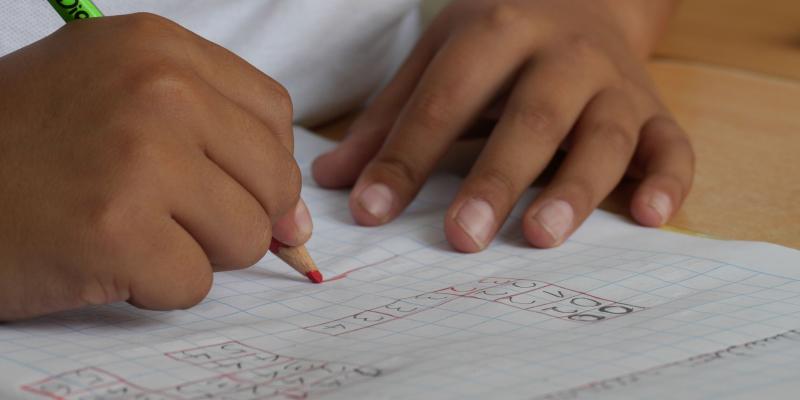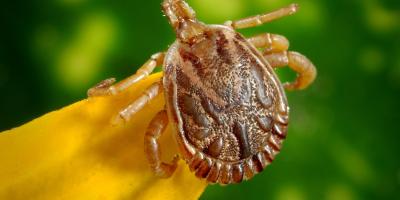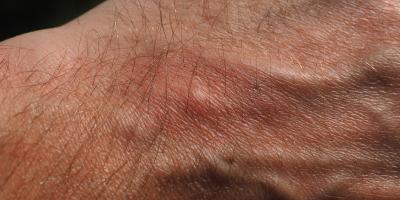Primary health care physicians, dentists, nurses or school hygienists – these are the specialists who provide prophylactic care to Polish pupils today.
The rules for providing this type of care are determined by the Act on health care services and the Regulation of the Minister of Health. According to these legal documents, pupils should have access to a primary health care physician and a dentist in a medical unit outside the premises of the school with which an appropriate agreement has been concluded.
A nurse or a school hygienist work in a preventive health care or pre-medical care unit located on the school premises. If the school does not have such a unit, a nurse should be available – just like a doctor – in an external clinic.
Even if the nurse works in a unit located within the school premises, he/she is not an employee of the school, and only provides health care services on its premises on the basis of an agreement concluded with the National Health Fund.
Medical units in less than 40% of schools
According to the data of the Ministry of National Education(MEN) published in 2013, preventive healthcare units are available in approximately 5 thousand schools, which constitutes 37.4% of all schools in this country.
The best situation is in the Śląskie and Zachodniopomorskie Voivodeships, where six out of ten institutions have medical units. The smallest number of units is in the Lubelskie Voivodeship – 18% of institutions.
Dental units – according to data published by MEN – are currently available in 629 schools (5% of all institutions). The highest number of dental units can be found in the Kujawsko-Pomorskie Voivodeship, where dentists are present in 74 schools (11% of the schools in the region).
The data published by the NHF for the year 2012 show that over 3,300 entities implemented tasks in the field of school medicine, employing almost 8 thousand nurses and school hygienists. Services were provided in almost 12 thousand places, and almost 5 thousand pupils could benefit from prophylactic healthcare.
The tasks of school nurses and hygienists
School nurses care for the health of children and adolescents from the age of 6 to 18-19, which corresponds to the age range from pre-elementary school (the so-called “zerówka") to the final grade of secondary school.
The tasks of school nurses include providing pre-medical care in the event of sudden disease, injuries or food poisoning. In primary schools (grades I-VI) nurses carry out preventive fluoridation programmes (supervising the brushing of teeth with fluoride preparations).
Their tasks also include - according to the regulation of the Minister of Health - performing and interpreting screening tests in respective age groups, managing screening procedures and providing nursing care for pupils with positive test results, and active counselling services for pupils with health problems.
School hygienists are also responsible for providing, according to the type of school, active care for pupils with chronic diseases and disabilities and performing (only on consultation with primary health care physicians who have the pupils on the list of beneficiaries), medical procedures and interventions which must be performed during their time at school.
School nurses do not provide care to pupils during every school lesson, but they should be available from Monday to Friday at a time proportional to the number of students covered by the care and taking into account lesson plans.









Comments (0)